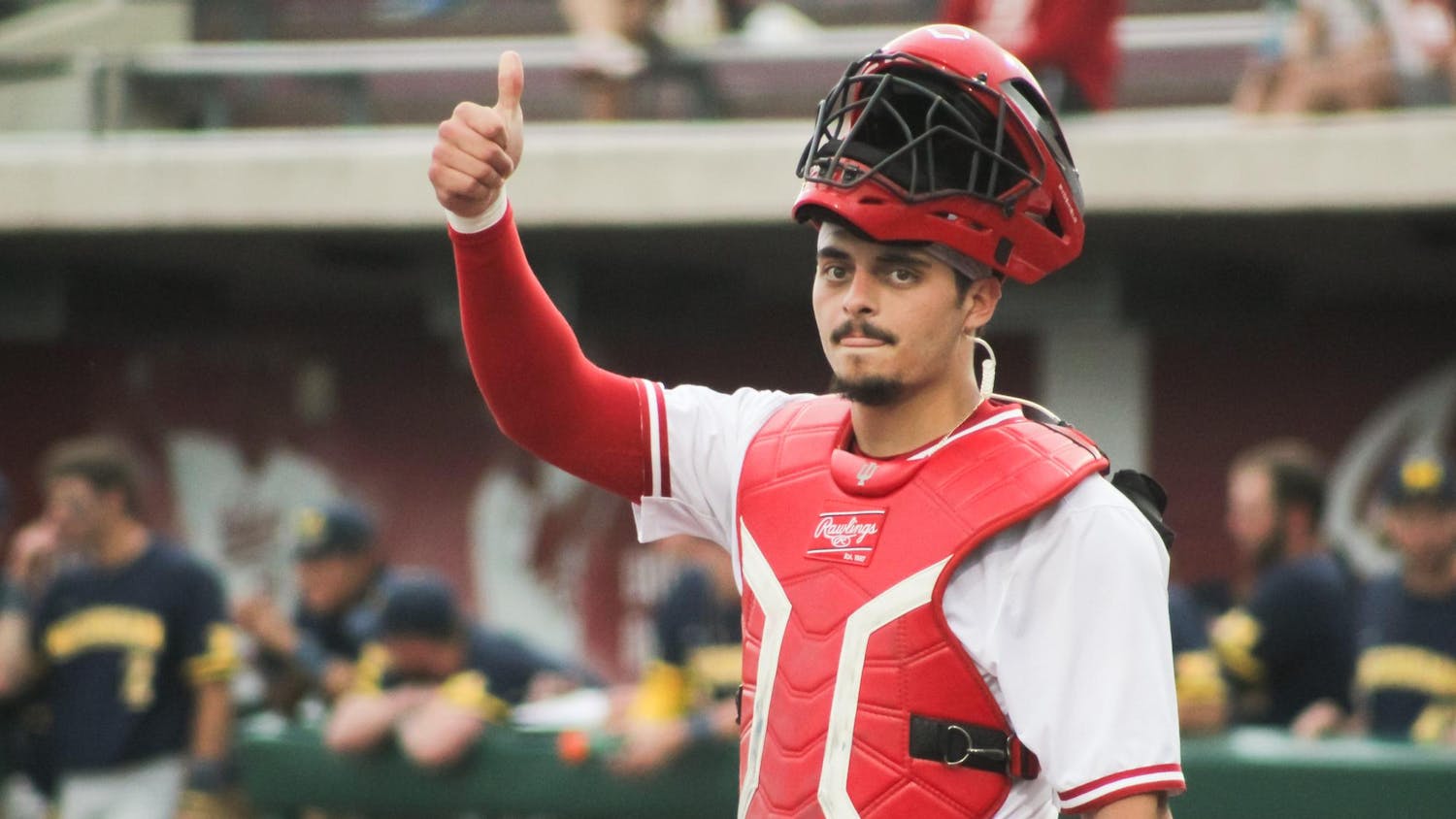The United States and India would not enjoy the relationship they share if not for two very important men – Strobe Talbott and Jaswant Singh, said Sumit Ganguly, director of the India Studies program.\nGanguly said that he and several other professors from the India studies, political science, Russian studies and history departments, nominated Talbott, former deputy secretary of state under the Clinton administration, to speak at 7:30 p.m. Wednesday in Rawles Hall, Room 100. \nTalbott will be delivering his speech titled “Repairs Ahead: American Foreign Policy in the Post-Bush Era.” The lecture, which is exclusively part of the Patten Lecture Series, will address the necessary changes in American foreign policy after the end of the current administration, Ganguly said. \n“There has been a particular kind of unilateralism that was pursued by this administration that has cost us our standing leadership in the world,” Ganguly said. “(Talbott) will talk about how we need to engage with other countries and build a multilateral foreign policy.” \nGanguly said nuclear proliferation and global climate change would be key components of Talbott’s lecture.\nFollowing Talbott’s speech Wednesday will be a book release by Singh, the former Indian minister of finance and foreign affairs, at 5:30 p.m. in the President’s Room in the Indiana Memorial Union.\nSingh’s book, “In Service of Emergent India: A Call to Honor,” was published by the IU Press, with some help from Ganguly and the India Studies Department.\n“(Singh’s) book is a memoir, an autobiography,” Ganguly said. “But it is also a political biography of his public service to India.”\nSingh and Talbott’s Thursday lecture will be, “India, America and the World.” \n“(The lecture) will deal with the negotiations conducted after the Indian nuclear test in May 1998,” Ganguly said. “Even though they did not agree, at the time, what should be done in terms of how India should handle its nuclear programs, it established a rapport which enabled both countries to move forward and made dramatic breakthroughs between India and the United States.” \nThe relationship between India and the U.S. today should be partially credited to Singh and Talbott, Ganguly said, for laying the foundation and “paving the way for the most successful visit by any U.S. president (Bill Clinton) to India.”
Former government leaders to speak on U.S. and India relationship
Lecture will focus on American foreign policy
Get stories like this in your inbox
Subscribe





